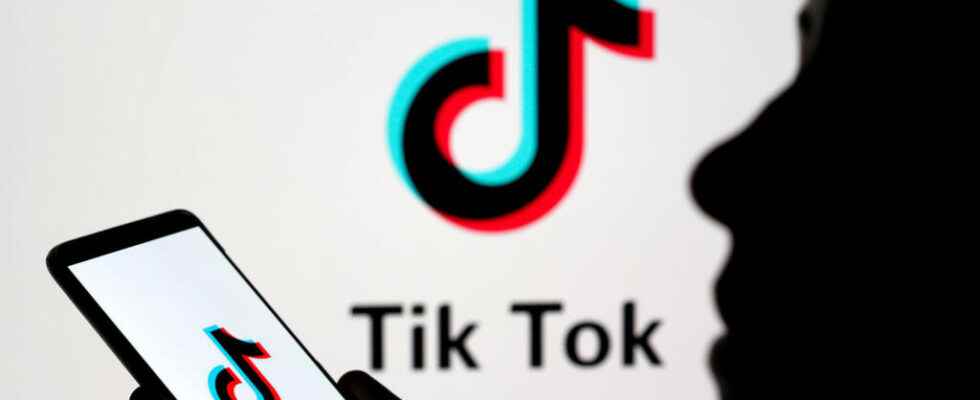The Chinese platform TikTok has gone this year from a rather “trendy” image to a controversial reputation with the media, in France and in the United States.
We were able to point out this year, from Magali Berdah to Norman Thavaud, the toxicity of influencers that we praised yesterday. And if TikTok, also rich in influencers – around short musical, humorous or dance videos –, in turn risked falling from its pedestal? This is what we read implicitly in the press since December 23. This is the day when this Chinese network, essential for 13-18 year olds and consulted every day by 9 million French people, recognized that it had transmitted data which made it possible to identify by geolocation the sources of journalists from BuzzFeed and FinancialTimes who were investigating its parent company ByteDance.
This is all the worse because the platform continues to claim to be concerned about the protection of its users’ data and respect for security, at a time when a US federal investigation has sought to clarify TikTok’s links. with the Chinese authorities. On December 28, US lawmakers were ordered to uninstall this application from their work smartphones.
At a time of war in Ukraine, nothing should be left to chance. Emmanuel Macron himself implicated TikTok for the censorship of the Uyghur cause and its ability to spread Russian propaganda. At the end of November, Arcom, the French regulator, found that TikTok was showing great opacity in its fight against misinformation. While the information from Ukrainian media was specified as coming from state-affiliated sources, the videos from Chinese television were not.
► To read also: Twitter: suspended accounts of journalists reinstated after Elon Musk’s about-face
A Neuroscientific Reality Worsens the Network’s Bad Reputation
It’s even worse for TikTok. The platform is no longer just seen as the star application for teens, with its 15-second sequences and this language that editorial staff strive to master. It is also perceived as problematic because of the strong addiction it arouses in the youngest and its effects on the brain.
TikTok is “ a real danger for children’s brains » headlined the daily The Parisian, en particular because its users are often under 13, the supposed minimum age. At the dawn of adolescence, the brain has not finished its formation and short videos, with their catchphrase after a few seconds, will limit the ability to concentrate of its youngest users and therefore hinder their academic success. .
TikTok which, unlike Google or Meta (Facebook group), has not started paying royalties or funding media. His lobbying in the country of cultural exception took the form of support for the Cannes Film Festival. But, according to the Le Figarothis support goes badly with SACD (Society of authors and dramatic composers).
► To read also: Do influencers have power?
